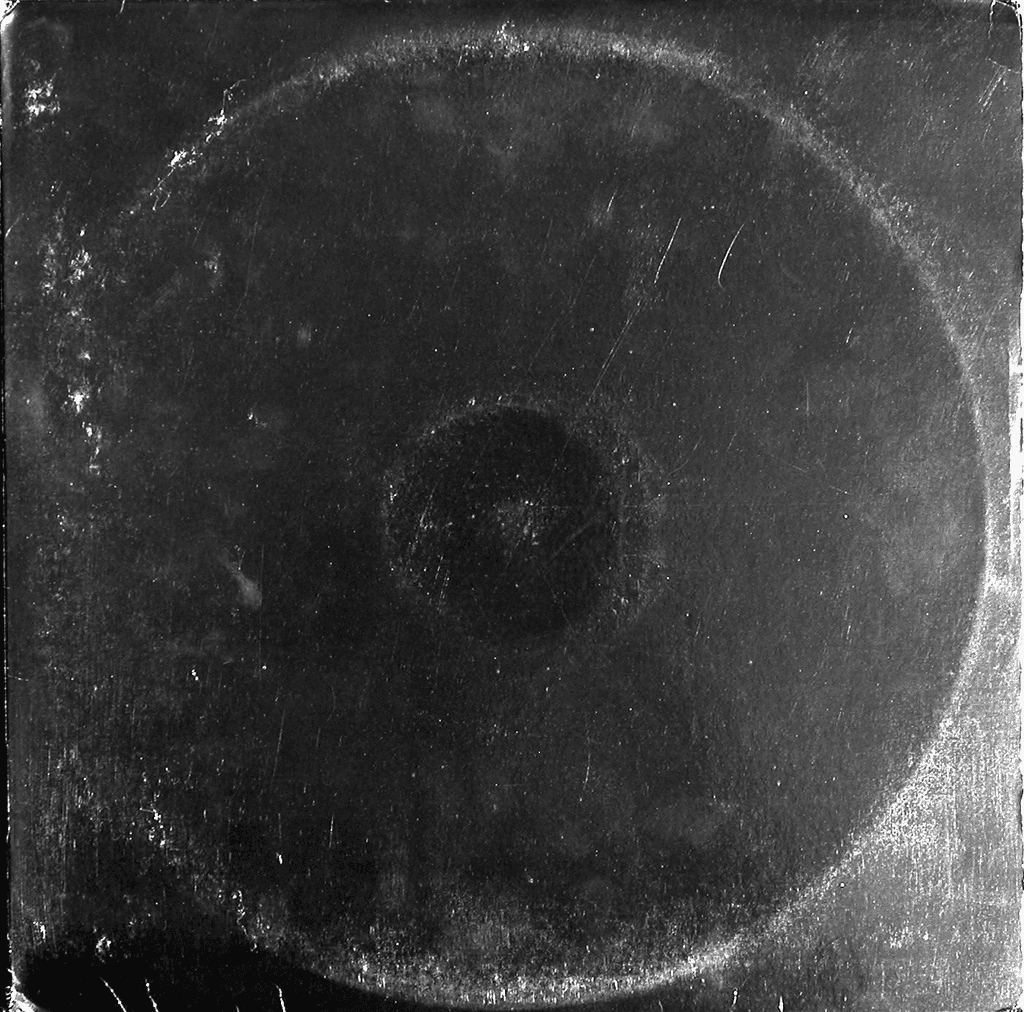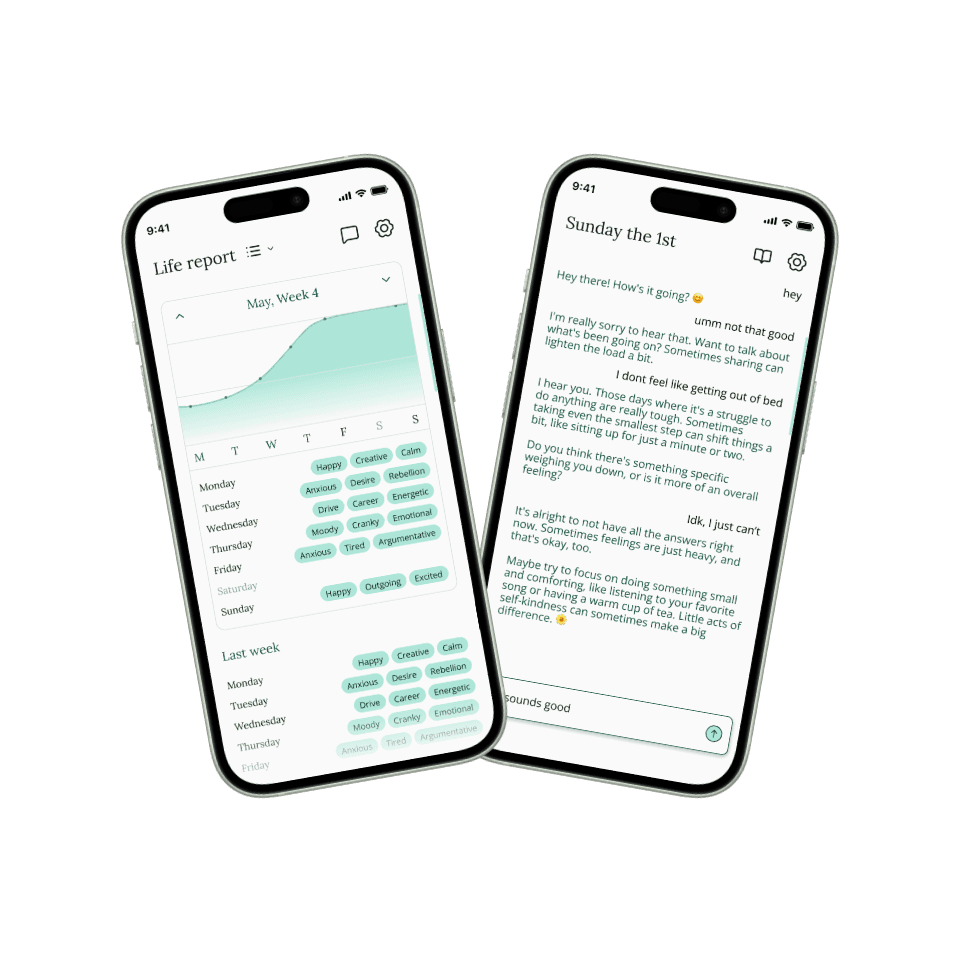
Notes for Therapy Sessions: An Essential Guide
Notes for Therapy Sessions: An Essential Guide
Jun 15, 2024
Jun 15, 2024
Our mental health journey is a continuous process, and taking notes for therapy can significantly enhance your progress. By documenting your thoughts, emotions, and experiences between sessions, you create a valuable resource for both you and your therapist.
Why Take Notes for Therapy?
Self-awareness: Notes for therapy help you track recurring themes and patterns in your daily life.
Communication: They provide your therapist with insights into your mindset between sessions.
Reminder: Notes serve as prompts for important topics you want to discuss in therapy.
Effective Methods for Taking Notes for Therapy:
Choose Your Medium Experiment with different formats for your therapy notes:
Digital apps
Voice memos
Traditional pen and paper journals
Find the method that allows you to easily capture your thoughts for therapy.
Focus on Significant Moments When taking notes for therapy, prioritize quality over quantity:
Record intense emotions or reactions
Document breakthrough realizations
Note recurring thoughts or patterns
Embrace Symbolic Language Your notes for therapy can include:
Vivid imagery
Metaphors
Physical sensations
These can offer rich material for discussion in your therapy sessions.
Highlight Relevant Examples When taking notes for therapy, pay attention to:
Situations that relate to your therapeutic goals
Interactions that exemplify your challenges or progress
Moments that trigger strong emotional responses
Prepare for Your Session Make the most of your notes for therapy:
Review your notes before each session
Bring your journal or device to therapy
Highlight key points you want to discuss
By consistently taking notes for therapy, you create a powerful tool for self-reflection and therapeutic progress. Your notes provide a roadmap for your mental health journey, helping both you and your therapist navigate your path to well-being more effectively.
Our mental health journey is a continuous process, and taking notes for therapy can significantly enhance your progress. By documenting your thoughts, emotions, and experiences between sessions, you create a valuable resource for both you and your therapist.
Why Take Notes for Therapy?
Self-awareness: Notes for therapy help you track recurring themes and patterns in your daily life.
Communication: They provide your therapist with insights into your mindset between sessions.
Reminder: Notes serve as prompts for important topics you want to discuss in therapy.
Effective Methods for Taking Notes for Therapy:
Choose Your Medium Experiment with different formats for your therapy notes:
Digital apps
Voice memos
Traditional pen and paper journals
Find the method that allows you to easily capture your thoughts for therapy.
Focus on Significant Moments When taking notes for therapy, prioritize quality over quantity:
Record intense emotions or reactions
Document breakthrough realizations
Note recurring thoughts or patterns
Embrace Symbolic Language Your notes for therapy can include:
Vivid imagery
Metaphors
Physical sensations
These can offer rich material for discussion in your therapy sessions.
Highlight Relevant Examples When taking notes for therapy, pay attention to:
Situations that relate to your therapeutic goals
Interactions that exemplify your challenges or progress
Moments that trigger strong emotional responses
Prepare for Your Session Make the most of your notes for therapy:
Review your notes before each session
Bring your journal or device to therapy
Highlight key points you want to discuss
By consistently taking notes for therapy, you create a powerful tool for self-reflection and therapeutic progress. Your notes provide a roadmap for your mental health journey, helping both you and your therapist navigate your path to well-being more effectively.
View more insightful blog articles
Today's tune



Track your mental health and get support between sessions with Verba
Learn more

Track your mental health and get support between sessions with Verba
Learn more

Track your mental health and get support between sessions with Verba
Learn more

Advait Naik
Advait is the founder of Verba and works at the intersection of psychology, design and technology to create a product that can help humans be more self aware through clarity